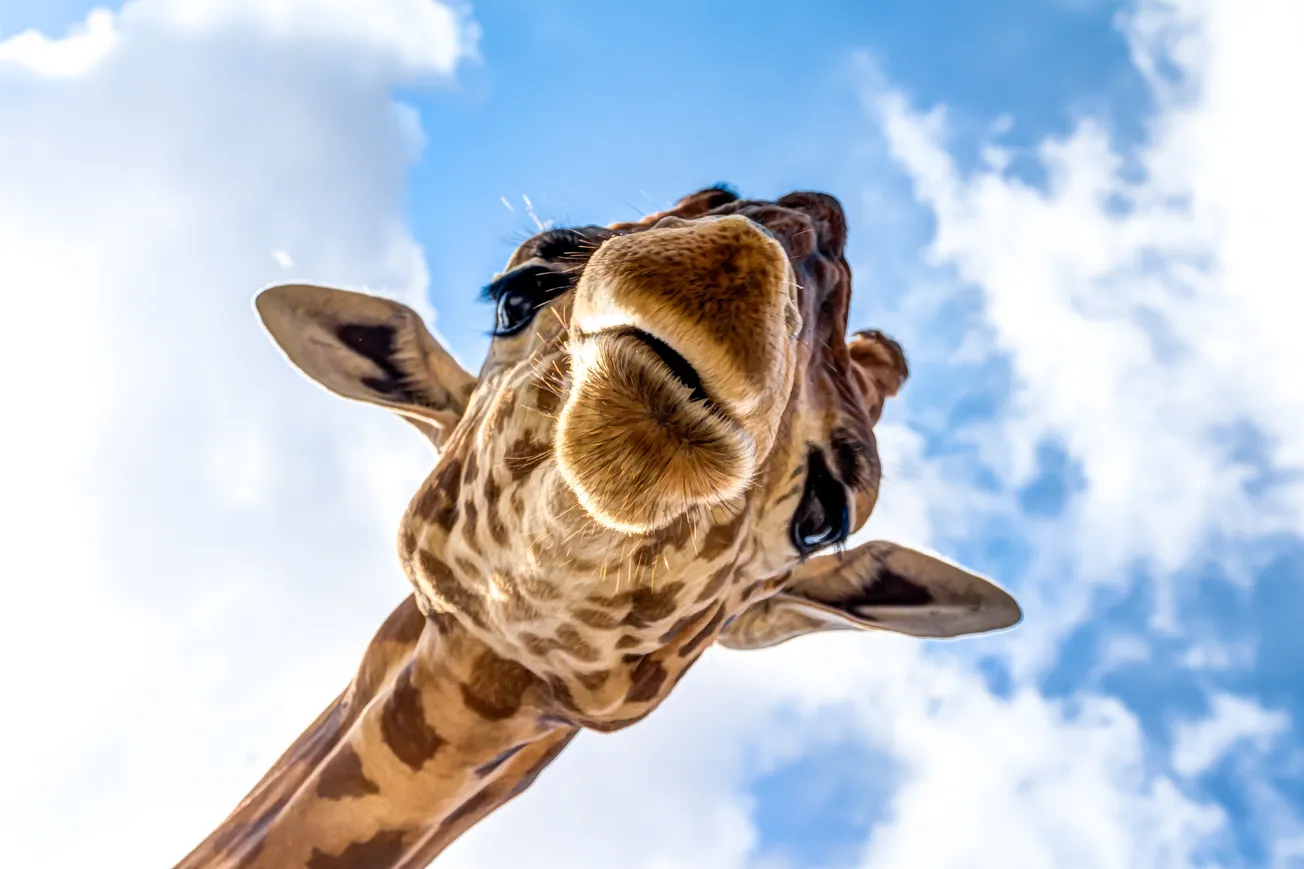Podcasting in Africa has seen tremendous growth over the past few years, evolving into a powerful medium for storytelling and communication across the continent.
Similar to its rise in Latin America, Africa's podcast boom is driven by increasing internet penetration, greater smartphone adoption, and a desire for content that reflects the diverse cultures, languages, and issues present across the region.
Afripods, a pan-African podcast hosting platform based in Nairobi, Kenya, has played a significant role in shaping the podcasting ecosystem in Africa. It has created a space where African content creators can reach audiences without the traditional media gatekeepers.
Platforms like Spotify and YouTube also contribute, but Afripods focuses on amplifying African voices specifically, allowing creators to produce content in their local languages and reach highly localized audiences. The rise of podcasting in Africa is driven by a combination of accessible technology and low barriers to entry—anyone with a smartphone can start a podcast.
Our series on podcasting in different areas of the world includes looks at Latin America, the Middle East, China, with more to come.
Africa's podcasting landscape is distinct, with preferences varying by region.
In countries like South Africa and Kenya, podcasts are highly popular, and listener numbers are projected to continue rising, with an estimated 4.8 million podcast listeners expected in South Africa by 2027.
Podcasts in these markets cater to a variety of interests, including history, true crime, investigative journalism, and cultural narratives. Additionally, African podcast listeners consume a mix of global content and local stories, bridging gaps left by mainstream media.
Unlike in Western markets where audio-only podcasts are dominant, African audiences, particularly younger generations, show a strong preference for video podcasts, which are more easily accessible on platforms like YouTube. Visual content plays a critical role in expanding the reach of podcasts in Africa as creators use video formats to boost visibility and engage wider audiences.
One of the most distinctive features of podcasting in Africa is its ability to reflect the continent's linguistic and ethnic diversity. Africa is home to over 2,000 languages..
Podcast creators produce content in languages such as Swahili, Hausa, Zulu, and Amharic, among others, allowing them to reach audiences that are often underserved by mainstream media. This multi-lingual approach not only enhances inclusivity but also allows for the sharing of culturally specific stories that resonate deeply with listeners.
In countries like South Africa, indigenous language podcasts are gaining traction, with podcasts like Epokothweni and iLukuluku emerging as popular platforms that cater to historically marginalized communities. This trend is helping to preserve African oral traditions while blending them with modern digital tools.
While podcasting is growing, the issue of monetization remains a significant challenge. Advertising revenue is limited, and many creators struggle to finance their content. In 2023, podcast advertising revenue across Africa was modest compared to global standards, with creators looking for alternative funding models such as merchandise sales, live podcast events, and crowdfunding.
In addition to financial hurdles, Africa’s podcasting industry faces technological challenges. High data costs and limited internet access, particularly in rural areas, make it difficult for some potential listeners to engage with podcasts. The infrastructural gap, combined with inconsistent internet speeds, poses an obstacle to widespread adoption, though improvements in connectivity are anticipated in the coming years.
Podcasting in Africa also navigates complex issues of censorship and freedom of expression. In certain countries, podcasts have emerged as platforms for political dissent and social commentary, enabling voices that are often silenced in traditional media to reach audiences. For instance, in Zimbabwe and Egypt, podcasting has allowed activists and independent media to bypass state censorship and offer critical perspectives on governance, human rights, and other sensitive issues.
However, this freedom comes with risks. In countries with restrictive media environments, podcast creators face legal and political challenges, with some experiencing harassment or censorship from authorities. Despite these challenges, podcasting remains a valuable tool for promoting dialogue and fostering community across Africa.
The future of podcasting in Africa is promising, driven by a youthful population eager to consume digital content. Innovations such as live podcasting and the integration of artificial intelligence for content distribution are helping creators expand their reach. As connectivity improves and advertisers begin to recognize the potential of podcasts, Africa's podcasting ecosystem is poised for sustained growth.
Women, in particular, are leading the charge in the African podcasting space. Creators like Adelle Onyango, whose Legally Clueless podcast was the first Kenyan podcast syndicated on radio, and events like the Africa Podfest highlight the influential role women are playing in shaping the medium across the continent.
In conclusion, podcasting in Africa has evolved from a niche medium to a powerful platform. While the industry faces challenges, particularly in terms of monetization and infrastructure, the creative freedom offered by podcasting and its potential to amplify underrepresented voices makes it a medium with immense potential for continued growth across the continent.







